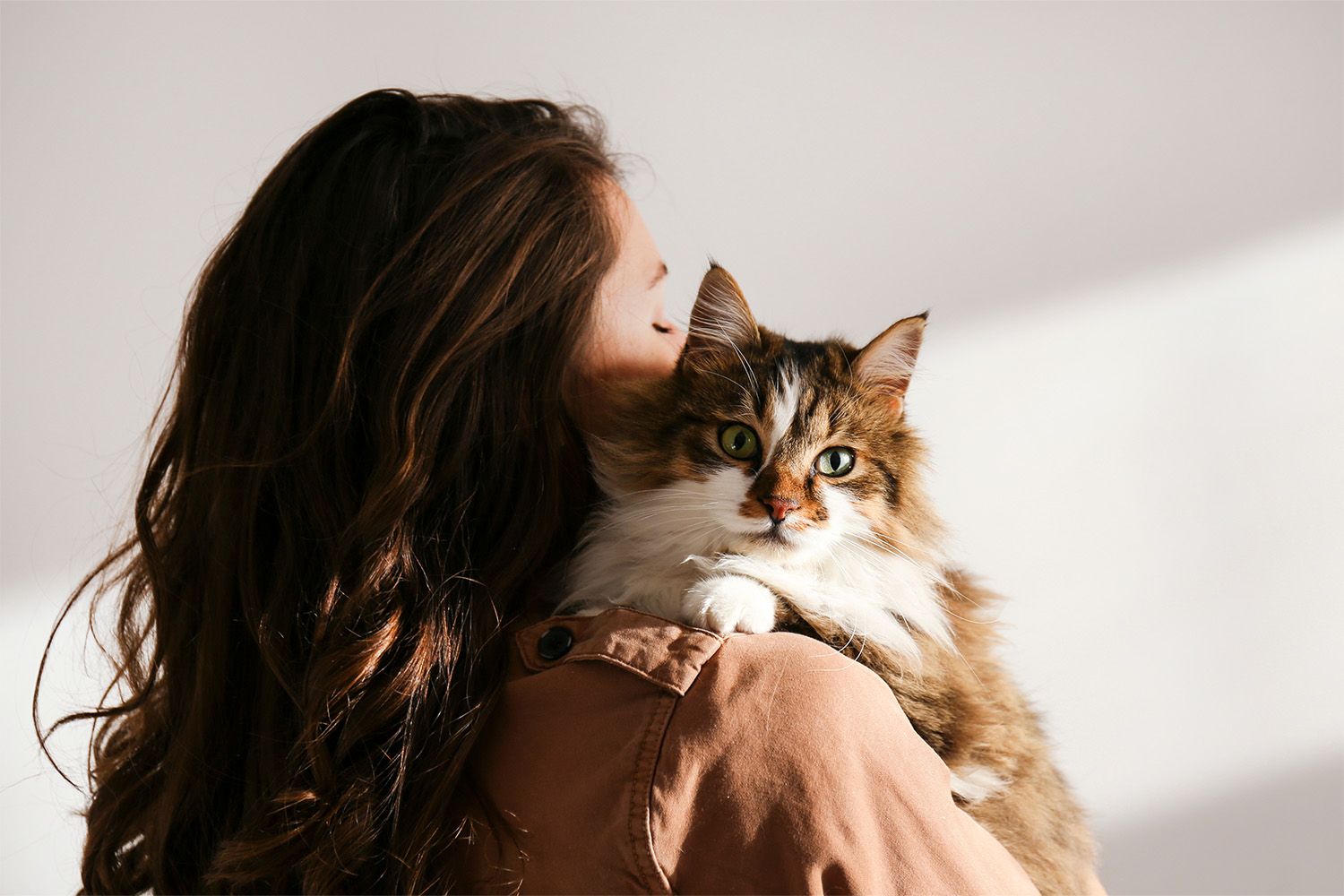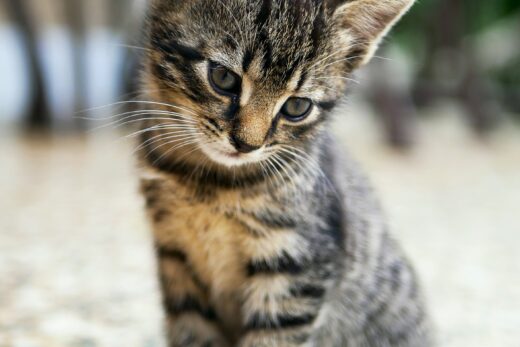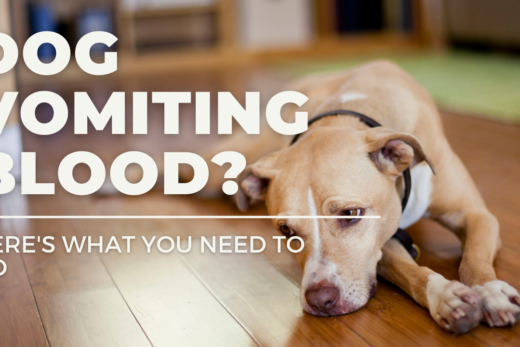
Cats are known for being independent, but they can get lonely and suffer separation stress when they are apart from people. In fact, a study found around 13 percent of cats displayed at least one separation stress-related behavior. And the pandemic has seemingly exacerbated this number as people are returning to work after being at or working from home during the first two years of the pandemic. What causes separation stress in cats and how can you help your feline friend?
What is separation stress?
Separation-related stress occurs when stress responses develop in a cat when they are away from their owners or caregivers. These responses are often more subtle in cats than they are in dogs, but cats do form strong social attachments with their families and can become stressed when they are absent, particularly for extended periods.
Research suggests that cats fall into one of two attachment styles:
- Secure attachment is when a cat has low stress levels while away from their owner and doesn’t overly seek attention when reunited.
- Insecure attachment comes in several forms:
- Ambivalent cats are extremely attached to their owner and constantly want to be close to them
- Avoidant cats are more aloof and may even avoid their people
- Disorganized cats display a mix of both
How can you tell if your cat has a healthy and secure attachment to you, or an unhealthy, insecure attachment?
Identifying separation stress in cats
Signs of separation-related stress in cats can be grouped into behavioral and physiological symptoms:
Behavioral:
- Excessive vocalization
- House soiling
- Excessive grooming
- Destructive clawing
- Clingy behavior and extreme attachment
- Reclusive behavior
- Unusual excitement upon your return home
Physiological:
- Changes in appetite
- Vomiting
- Diarrhea
As you can see, some indications that your cat might experience separation stress are more obvious than others. And some cats will exhibit symptoms in your presence, while others only do so when their owner is away. For example, your quiet companion may suddenly meow far more than normal, stop using the litterbox, or constantly follow you around the house.
It is also common for cats with stress to groom themselves to the point of causing hair loss and skin issues, and either stop eating or eat too fast, making them sick. Separation-related stress can be severe and significantly impact your cat’s health and quality of life.
Separation stress is usually a diagnosis of exclusion, which means that your veterinarian will likely want to rule out other possible reasons for their behavior first. Before you assume your cat has separation issues, take them to the vet for a checkup to make sure there are no underlying medical reasons for their behavior.





